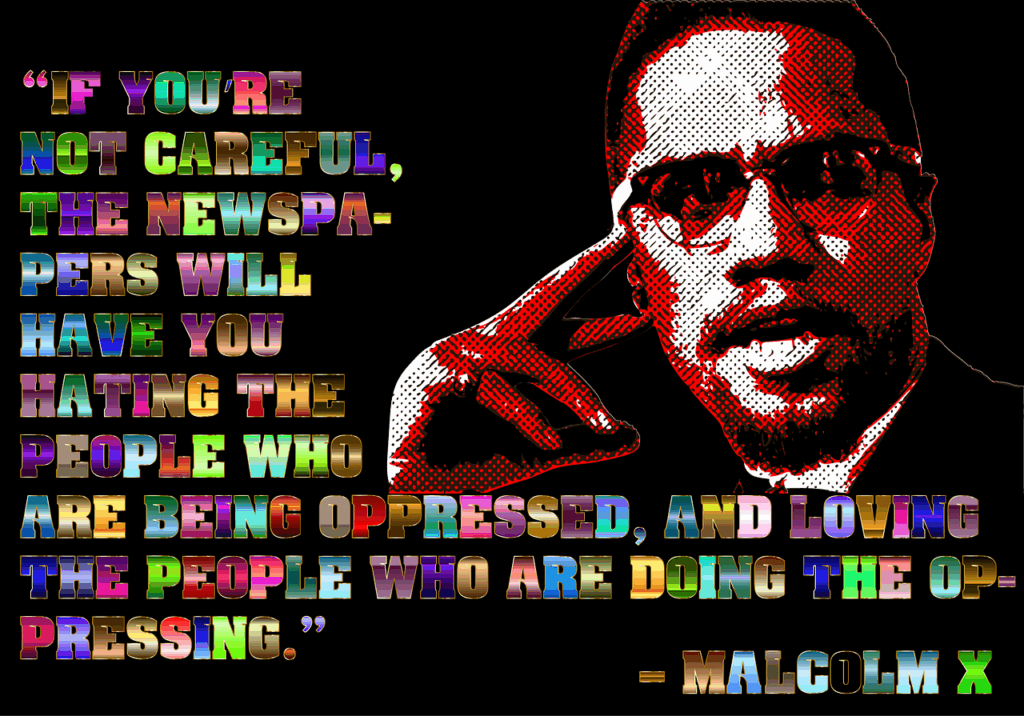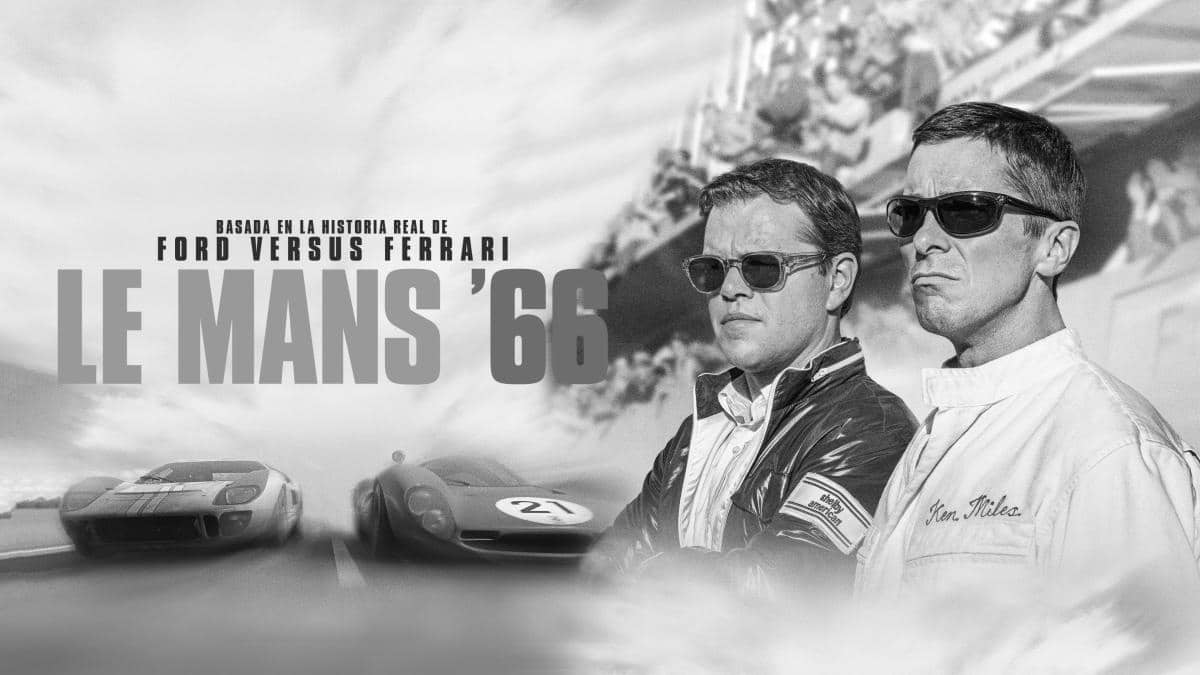
The sudden passing of Malcolm-Jamal Warner, at the age of 54, in a drowning accident in Costa Rica, has sent a profound ripple of grief through the Black community, echoing the collective sorrow experienced with the unexpected deaths of figures like Prince, Kobe Bryant, and Chadwick Boseman. For many, particularly Black Gen Xers, this loss transcends the typical mourning of a celebrity; it feels deeply personal, akin to losing a beloved family member or a brother figure who was a constant, familiar presence throughout their lives.
This isn’t merely a nostalgic pang for a bygone era, but a recognition of a life that symbolized so much for so many. Warner’s impact extended far beyond the characters he inhabited on screen. He became a fixture, a communal touchstone, representing an ideal of Black excellence, resilience, and authenticity that was sorely needed and profoundly cherished. His death forces a confrontation with not just his mortality, but also a generational reckoning for those who grew up watching him.
Indeed, the shared foundation of connection to Warner is palpable. From phone calls to texts, a community, family, and friends have openly shared in this deep collective grief. It underscores how deeply intertwined his public life was with the private lives of millions, shaping perceptions and offering reflections of hope and possibility in ways that few public figures manage to achieve. We grapple with an unfathomable grief for a man we never personally met, yet whose presence felt foundational to our collective upbringing.
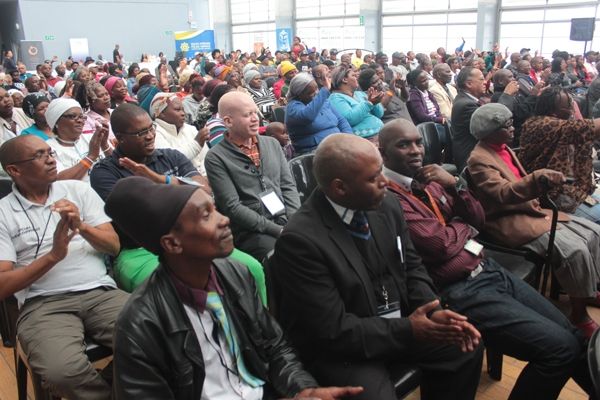
1. **The Profound Sense of Familial Loss**When news broke of Malcolm-Jamal Warner’s passing, a specific kind of ache emerged within the Black community, an emotional response usually reserved for the closest of kin. Many described it as losing someone they had literally grown up with, a sentiment that speaks volumes about the intimate relationship audiences forged with him over decades. He wasn’t just an actor playing a role; for countless viewers, he was Theo, the well-meaning, sometimes mischievous, third child of the Huxtable family.
This familial bond was deeply rooted in the consistent presence Warner maintained across various stages of his life and career. He was seen as a “communal cousin” or “the cool older or younger brother,” a figure who aged alongside his audience, from Theo’s high-top fade antics to his more mature, measured roles in later dramas. This enduring visibility fostered a sense of personal ownership and connection, making his death feel like a deeply personal loss rather than a distant celebrity event.
The grief experienced is not simply for an icon, but for “just…a man” who embodied relatable human qualities and experiences. This distinguishes his passing from the ‘thunderclaps’ of other celebrity deaths, which were often accompanied by larger-than-life personas. Warner’s quiet dignity, his groundedness, and his authentic presence made him approachable, a ‘that’s my guy’ figure who resonated deeply, leaving a void that feels intensely personal.
Read more about: Unpacking ‘Beloved’: The Profound Themes and Enduring Legacy of Toni Morrison’s Masterwork

2. **Redefining Black Representation on Television**Malcolm-Jamal Warner’s role as Theodore Huxtable on “The Cosby Show” was nothing short of revolutionary for Black representation on network television. Debuting in 1984, the series presented an image of a successful, two-parent Black family—a doctor and a lawyer—at a time when such portrayals were virtually non-existent. This was a critical departure from narratives that often centered on trauma and struggle, instead offering a vision of love, support, and achievement.
Critics initially questioned the authenticity of a Black doctor-and-lawyer couple, highlighting a narrow-minded worldview that permeated Hollywood. However, “The Cosby Show” defied these expectations, becoming a cultural touchstone that reshaped public memory of Black middle-class life. Warner’s character was central to this groundbreaking narrative, allowing millions of Black people, especially young ones, to see their lives and aspirations reflected with dignity and humor on screen.
The show’s success, and Warner’s integral part in it, challenged prevailing stereotypes and expanded the perceived boundaries of Black identity in mainstream media. It provided a powerful counter-narrative to the racist film “The Birth of a Nation” and other distorted portrayals that had long plagued Black characters. This redefined the visual landscape, showing that Black families could be loving, accomplished, and multifaceted, inspiring generations to come.
Read more about: Richard Chamberlain’s Enduring Legacy: A Look at the ‘Strong in Rule’ Namesakes Shaping Entertainment and History

3. **Theo Huxtable: A Relatable Figure for Academic Struggles**One of Theo Huxtable’s most enduring and relatable storylines involved his struggles in the classroom. These challenges, often played for laughs, resonated deeply with many viewers who faced similar academic hurdles. The Huxtable family’s unwavering support, and Theo’s own perseverance despite his difficulties, offered a powerful message of hope and determination.
The storyline took on even greater significance with Theo’s diagnosis of dyslexia. As social worker and disability advocate Vilissa Thompson noted, Theo’s diagnosis was “one of the first disability depictions [she] saw on TV.” This portrayal was lauded for its respectful and thoughtful approach, particularly in an era where invisible disabilities were often misrepresented or stereotyped. It humanized the experience of learning differences in a profound way.
For many, including educators, this particular narrative arc opened eyes to the realities of dyslexia and other learning challenges. It encouraged empathy and a deeper consideration of what might be behind a struggling student’s behavior, urging a focus on the person rather than just the academic outcome. Warner’s portrayal made the experience feel real and human, amplifying the humanity in those who grapple with such differences.

4. **Graceful Evolution: Sidestepping Child Star Pitfalls**Unlike many child actors who struggle with the transition to adult stardom, Malcolm-Jamal Warner navigated his career with remarkable grace and integrity. After “The Cosby Show” concluded in 1992, Warner went on to build an impressive career, appearing in beloved series such as “Malcolm & Eddie,” “The Resident,” and “9-1-1.” This consistent success in varied roles is a testament to his talent and resilience.
His ability to sidestep the numerous pitfalls and scandals that often derail child stars is particularly noteworthy. In a media landscape frequently marked by public meltdowns and tabloid fodder, Warner maintained a professional and private life, avoiding the sensationalism that consumes so many. This stability allowed his audience to continue seeing him as a grounded, authentic figure, someone they could trust and admire.
Colleagues and former costars consistently expressed immense esteem for Warner, further underscoring his character. Actors like Morris Chestnut, Tracee Ellis Ross, Eddie Griffin, and Yvette Nicole Brown have all shared their shock and grief, speaking to his profound impact both on and off set. Yvette Nicole Brown’s poignant tribute, describing him as “a blessing from God” and “one of one,” encapsulates the high regard in which he was held.
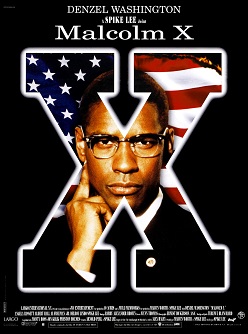
5. **Embodiment of Nuanced Blackness**Malcolm-Jamal Warner’s enduring appeal lies in his authentic and nuanced portrayal of Black masculinity, particularly through his role as Theo Huxtable. He wasn’t a caricature, nor did he fall into stereotypical categories of “thug” or “saint” or mere “comic relief.” He was simply real—a multifaceted, layered Black kid in the 80s who helped redefine what Blackness could mean on screen.
His presence challenged the prevailing narrative of Black characters as threats, a legacy stretching back to films like “The Birth of a Nation.” Warner’s Theo defined Blackness by simply being what the world often claimed Black people were not: complex, intelligent, and capable of a full range of human experience. This subtle yet powerful act of representation resonated deeply with a community hungry for authentic reflections.
Even as the legacy of “The Cosby Show” became complicated by Bill Cosby’s later allegations, Warner’s individual integrity and evolution as an artist remained largely untarnished for many. He was able to embody something purer, the idea that Black boys could be thoughtful and intellectual, find their own rhythm, and be held up by love and high expectations. His nuanced portrayal was a rare consistent thread in a media ecosystem that often distorts or erases such complexity.
6. **A Consistent Thread: Warner as a Grounded, Artistic Man**Throughout his career, Malcolm-Jamal Warner stood out as a figure who prioritized substance over celebrity. He never chased clout, nor did he end up on TMZ, a stark contrast to many who entered the public eye at a young age. Instead, he consistently presented himself as a thoughtful, grounded, and artistic individual, allowing his work and his character to speak for themselves.
This consistency was a rare commodity in a media landscape that frequently struggles with nuanced portrayals of Black men. Warner offered a steadfast example of integrity, humor, and depth. Each role, from the comedic “Malcolm & Eddie” to the dramatic “The Resident,” felt like an organic iteration of his natural self, devoid of pretense or forced performance. This authenticity made him incredibly identifiable and aspirational.
He possessed a dignity that didn’t scream “fame,” but rather a quiet confidence in his multifaceted talents. Whether directing music videos like “N.E. Heartbreak,” writing poetry, acting, or embracing his love for jazz, Warner pursued his passions with genuine commitment. He was, as many described, a “that’s my guy” kind of person—reliable, relatable, and genuinely good.
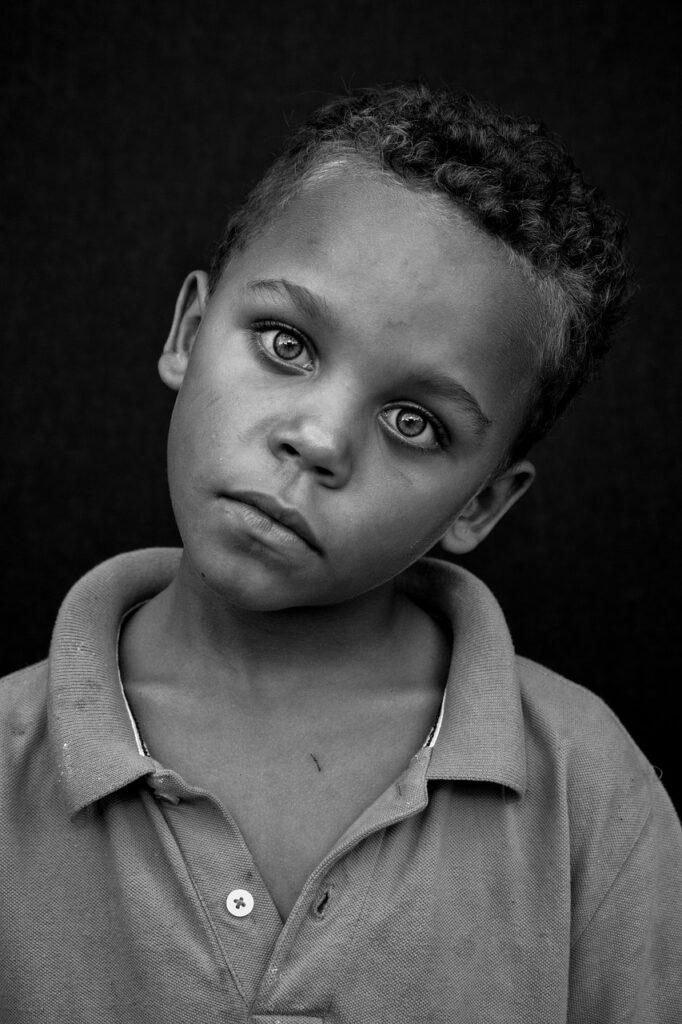
7. **Inspiration for Black Youth: Thoughtfulness and Resilience**For countless Black youth, particularly young Black boys, Malcolm-Jamal Warner, through his character Theo Huxtable, offered a vital blueprint for navigating life with thoughtfulness and resilience. Theo was depicted as awkward and unsure, trying to figure things out under the stern but loving guidance of Cliff and Clair Huxtable. This image, supported by Black love and high expectations, allowed young viewers to see themselves and their potential.
Warner’s portrayal conveyed the powerful idea that Black boys could be intellectual, that they could stumble and still bounce back, and that they could forge their own paths in a world that often demanded conformity. This went beyond economic circumstances or family structure; it was about the refusal to be torn down by the ugliness of the world, to maintain one’s humanity, and to keep climbing higher.
This inspiration was not just confined to the fictional world of the Huxtables. Warner himself, through his real-life example of a multifaceted career and personal integrity, reinforced these messages. He gave permission to be oneself: awkward, nerdy, curious, cool. His life, much like Theo’s journey, instilled a sense of possibility and the importance of self-discovery, leaving a lasting impact on those who sought a foothold to achieve their own dreams.
The passing of Malcolm-Jamal Warner has undeniably resonated as a powerful cultural moment, compelling a collective introspection not only on his multifaceted legacy but also on the broader societal shifts occurring within the Black community. Beyond the iconic role that cemented his place in public consciousness, Warner’s life was a testament to the pursuit of artistic expression in various forms, a quiet advocacy for authenticity, and a poignant marker for a generation now confronting its own mortality. This second section endeavors to explore these deeper currents, examining the expansive cultural impact of his artistic endeavors, his sustained commitment to positive narratives, and how his untimely death has become a catalyst for profound generational reflection and a re-evaluation of purposeful living.
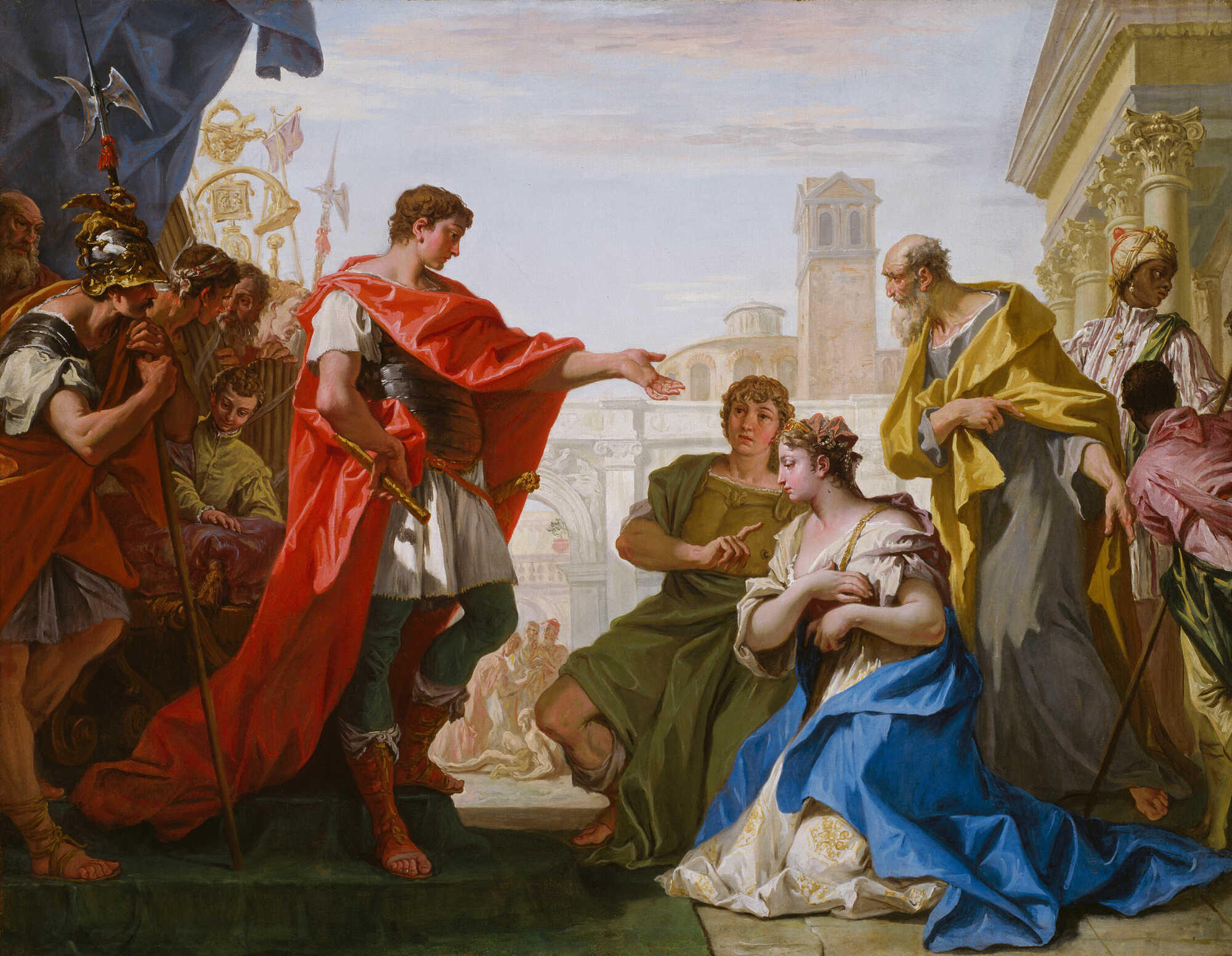
8. **The Renaissance Man: A Multi-Talented Artist’s Canvas**Malcolm-Jamal Warner’s artistic breadth extended far beyond the acting roles that defined his early career, revealing a man deeply committed to diverse forms of creative expression. He was not merely an actor but an accomplished bass guitarist and a captivating spoken-word poet, talents that provided him with distinct avenues to articulate his unique voice and perspectives. His pursuit of music and poetry underscored an inner drive for artistic authenticity, a need to communicate on terms that acting alone could not fulfill.
Indeed, Warner articulated this intrinsic need, stating in a reflection: “I’ve been writing all my life, and playing bass came later on, when I was about 26. What I recognized with poetry and music that I had a different voice – there were things I wanted to express that I could not as an actor or even as a director. It was another avenue of expression that my soul needs.” This sentiment highlights a profound dedication to self-expression, using his talents to explore themes and emotions that resonated personally and profoundly.
Beyond his performance as Theo, he also directed music videos like “N.E. Heartbreak” and helmed episodes for popular series such as “Malcolm & Eddie” and “The Fresh Prince of Bel-Air,” further showcasing his versatility behind the camera. Additionally, his work as a producer earned him an Emmy Award for Outstanding Children’s Program for “The Earth Day Special” in 1990. These achievements collectively illustrate a career defined by an unwavering commitment to his craft, embodying the spirit of a true Renaissance man who harnessed every facet of his creativity to make a lasting impact.

9. **Championing Black Narratives and Identity Through Artistry**While his portrayal of Theo Huxtable was foundational in redefining Black representation on mainstream television, Malcolm-Jamal Warner’s commitment to positive Black narratives evolved into a more explicit form of advocacy through his personal artistry. He actively utilized his voice and platform to challenge prevailing stereotypes and present multifaceted images of Black identity, extending the groundbreaking work initiated by “The Cosby Show” into new creative realms. He was a champion not just by playing a role, but by being an artist.
His spoken-word album, “Selfless,” and various jazz collaborations served as powerful conduits for his activism, blending his artistic passions with a deep commitment to social commentary. Through these works, Warner tackled critical issues such as racial injustice, the complexities of fatherhood, and the nuances of Black identity. This deliberate integration of artistry and advocacy allowed him to contribute to the cultural conversation in a profound and personal manner, reaching audiences through the emotional resonance of music and poetry.
Warner recognized the distinct nature of this personal legacy, reflecting that while “Mr. (Bill) Cosby gave you immortality” through the show, he felt he had “another lane of legacy that I get to leave” because of his “full life after that show.” This declaration underscores his conscious effort to cultivate an identity and impact that transcended his most famous role, building a body of work that authentically reflected his commitment to uplifting and diversifying Black narratives.
10. **Amplifying Humanity: A Lasting Impact on Learning Differences**Malcolm-Jamal Warner’s portrayal of Theo Huxtable’s academic struggles, particularly the storyline involving his dyslexia diagnosis, left an indelible mark on how learning differences are perceived and discussed. This narrative arc was more than a plot device; it became a significant moment in television history, with social worker and disability advocate Vilissa Thompson noting it as “one of the first disability depictions [she] saw on TV.” This representation brought a crucial, often invisible, disability into the mainstream consciousness with unprecedented respect.
The respectful and thoughtful approach taken in depicting Theo’s dyslexia was particularly lauded, especially given the common misrepresentation or stereotyping of invisible disabilities in the 1980s and early 1990s. This portrayal humanized the experience of grappling with learning challenges, fostering empathy and understanding among a broad audience. It moved beyond the superficial, allowing viewers to connect with Theo’s struggles on a deeply personal level, recognizing the individual behind the academic hurdles.
For many, including educators, this specific storyline served as an eye-opening experience, encouraging a deeper consideration of the underlying reasons for a student’s difficulties. It urged a shift in perspective—from focusing solely on academic outcomes to prioritizing the person. Warner’s ability to imbue Theo with such humanity transformed a television plot into a powerful educational moment, amplifying the humanity in those who grapple with such differences and inspiring a more compassionate approach in real-world contexts.
11. **A “Significant Cultural Loss” and Undershadowed Evolution**The passing of Malcolm-Jamal Warner has been widely recognized as “a significant cultural loss for the industry and Black audiences, in particular,” as articulated by Samantha Sheppard, an associate professor of cinema and media studies at Cornell University. His career, Sheppard notes, is “indelibly linked to a program that reshaped the representation of Black middle-class life on network television,” cementing his status as a pivotal figure in American media history.
However, Professor Sheppard also underscored a critical challenge to Warner’s public recognition: “‘The Cosby Show’ and its cast have long existed in the shadow of Bill Cosby’s widely publicized sexual assault allegations, which have complicated and, in many respects, eclipsed public memory of the show’s cultural contributions.” This shadow, she explained, “has too often obscured Warner’s evolution as an actor and artist following his years on the popular sitcom.”
Despite these complexities, Warner’s individual integrity and artistic evolution remained largely untarnished for many, allowing him to carve out a distinct and respected path. His consistent pursuit of diverse roles and creative expressions—from comedic to dramatic, and through music and poetry—demonstrated a profound resilience and commitment to his craft. He embodied something purer, maintaining a quiet dignity that allowed his talent and character to shine through, separate from the controversies.
12. **A Life of Purpose: Peace of Mind and a Grounded Legacy**Malcolm-Jamal Warner’s reflections on his “post-Cosby life” revealed a man who prioritized inner contentment and authenticity over the ephemeral trappings of celebrity. He explicitly stated, “I have peace of mind and for me, you can’t put a price on that,” further adding, “I can definitely say that I feel successful in my post-Cosby life.” This perspective illustrates a deeply grounded individual who measured success not by public accolades, but by personal fulfillment and genuine happiness.
Part of this profound peace was cultivated within his personal life, particularly through the love of his wife and young daughter. Warner deliberately chose to shield his family from the intense glare of celebrity, fostering a private life that offered stability and joy. He spoke openly about his 2017 wedding and his desire to build a family, noting the clarity of his commitment: “There was a moment where I realized when people say, ‘When you know, you know,’ that’s what that feeling is.”
Ultimately, Warner was clear about the legacy he wished to leave. “There’s part of me that I will be able to leave this earth knowing, and people knowing, that I was a good person,” he stated. This profound desire to be remembered for his inherent goodness, rather than just his professional achievements, speaks volumes about his character. He was a quiet icon whose greatest aspiration was to embody integrity and kindness, leaving behind a legacy that resonated with authenticity for those who knew him, both personally and through his work.
Read more about: The Great Escape: Why Angelina Jolie And Other A-Listers Are Rethinking Their American Lives

13. **The Generational Checkpoint: Confronting Our Own Mortality**For many Black Gen Xers, the death of Malcolm-Jamal Warner has transcended typical celebrity mourning, acting as a stark “generational checkpoint” that forces a confrontation with their own aging and the harsh truth of mortality. His passing feels uniquely personal, not merely a distant event, but a “cracked mirror” reflecting an uncomfortable reality. This intense grief is because Warner “was one of us,” a familiar presence who aged in public as his audience aged in private, making his death feel like a deeply intimate loss.
This sense of personal connection distinguishes his passing from those of other icons like Prince or Kobe Bryant, whose deaths, while tragic, were often accompanied by larger-than-life personas. Warner, by contrast, was “just…a man,” a “that’s my guy” figure whose grounded authenticity made him relatable. His death “removes the illusion of distance,” making the vulnerability of life intensely palpable and eroding any pretense of invincibility that a generation might have held.
The new reality, as expressed by many, is that death is no longer an “interruption” or a “surprise,” but increasingly a “push notification.” The frequency of loss within their cohort—friends, family, and public figures—has transformed it into a routine occurrence. This unsettling shift compels a sobering reflection on the brevity of life and the fear of leaving things unfinished, pushing individuals to reconsider priorities and embrace the urgency of their remaining time.
14. **A Call to Purposeful Living and Intentional Grieving**Malcolm-Jamal Warner’s passing serves as a profound catalyst, urging those left behind to re-evaluate their lives and engage in purposeful living. His death compels a critical introspection, challenging the prevalent narrative that Black adulthood is solely “about hustling and surviving and building generational wealth.” Instead, it emphasizes that “maybe part of the work now is grieving, intentionally. Publicly. Purposefully,” allowing for a transformative process that acknowledges loss as a part of growth.
This intentional grieving is not about letting go of the person, but about allowing the loss to “transform us into something else.” It is a call to honor the departed by “taking pieces of them and infusing their spirit into our daily lives,” ensuring that “our future actions a testament to their immortality.” This perspective shifts grief from a passive burden to an active, inspiring force for personal evolution and continued impact in the world.
His life, and now his death, provides a poignant reminder that “the clock is ticking.” It imparts an urgency to speak love to our people, to prioritize our health, to allow ourselves rest, and to tend to our grief without pretense. It underscores that true legacy “isn’t built on likes,” but “on how people feel when they say your name.” Warner’s life offers a powerful perspective, inspiring us to slow down, be present, and courageously live with purpose, carrying forward the spirit of a man who embodied goodness and unwavering authenticity.
Read more about: Beyond the Billions: Unpacking the 14 Daily Habits That Propel the World’s Wealthiest to Unprecedented Success
As the profound ache of Malcolm-Jamal Warner’s absence settles, his legacy transcends the roles he portrayed, serving as a beacon of multifaceted Black excellence and grounded humanity. He not only shaped television landscapes but also inspired countless individuals to embrace their unique paths, to seek peace, and to lead lives marked by integrity and purpose. His sudden departure leaves a void, yet it also ignites a powerful call for intentional living, reminding us that every moment is an opportunity to amplify our humanity, speak our truths, and build a legacy measured not by fame, but by the indelible impact we leave on the hearts of others. We carry his spirit forward, a testament to the enduring power of a good man.

